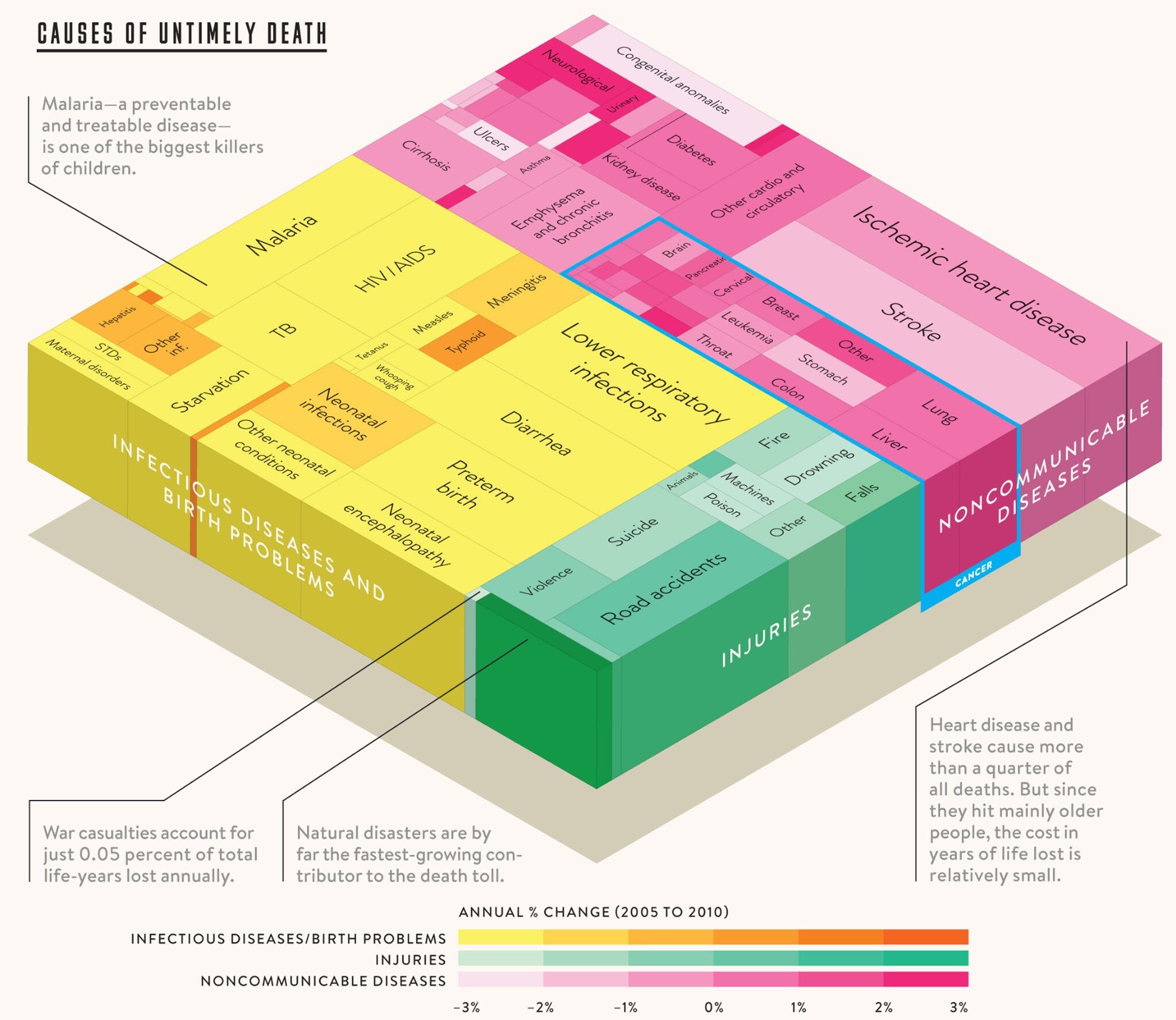Reading things I don't have to read for the holidays. I try to read outside the box.
I ran across this short 2007 blog [Moonbeam McQueen Blog] about the August 2000 UofA murder/suicide of Professor John Locke. Dr. Locke was my mom's world literature professor, who gave her the Tao te Ching, Bhagavad Gita, and other world literature that broadened my horizons (and FYI made me a much better Christian than I could ever be by thinking other religions were evil). Anyway I never met John Locke, but as my dad (a UofA professor in that building) was retelling the story this AM, it reminded me how any of us could be touching the life of someone we never even met, in a profound way. And now I know a smidgen more about Nola Royster, too.
The art of blogging, the art of editorializing, of keeping a journal, of scrolling, and journalism... the lines blur and harmonize. Moonbeam McQueen writes less prolifically, at least via blog, but "less is more".
I ran across this short 2007 blog [Moonbeam McQueen Blog] about the August 2000 UofA murder/suicide of Professor John Locke. Dr. Locke was my mom's world literature professor, who gave her the Tao te Ching, Bhagavad Gita, and other world literature that broadened my horizons (and FYI made me a much better Christian than I could ever be by thinking other religions were evil). Anyway I never met John Locke, but as my dad (a UofA professor in that building) was retelling the story this AM, it reminded me how any of us could be touching the life of someone we never even met, in a profound way. And now I know a smidgen more about Nola Royster, too.
The art of blogging, the art of editorializing, of keeping a journal, of scrolling, and journalism... the lines blur and harmonize. Moonbeam McQueen writes less prolifically, at least via blog, but "less is more".




